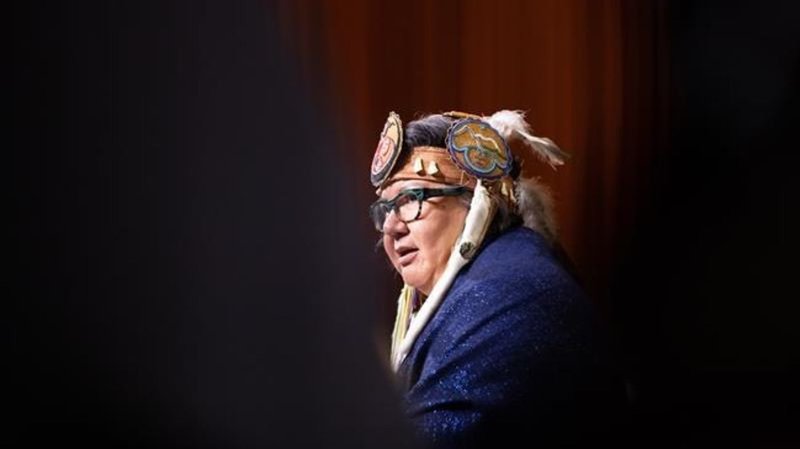
National chief says Canada’s reconciliation actions taking long road; 40 years away
VICTORIA — The road to reconciliation with Indigenous Peoples in Canada remains a long one, says Assembly of First Nations National Chief RoseAnne Archibald, who estimates it will take 40 years at the current pace to achieve the more than 90 calls to action in the Truth and Reconciliation Commission report.
It has been a process of two steps forward and one step back over the past year, Archibald said in an interview ahead of Friday’s National Day of Truth and Reconciliation.
The day was declared last year after hundreds of potential unmarked burial sites of Indigenous children were found by First Nations near former residential schools, including by the Tk’emlúps te Secwepemc nation in Kamloops and Saskatchewan’s Cowessess First Nation.
The national chief was in Regina Thursday along with Gov. Gen. Mary Simon for a reconciliation ceremony at Mosaic Stadium and co-hosted by Chief Cadmus Delorme of the Cowessess.
